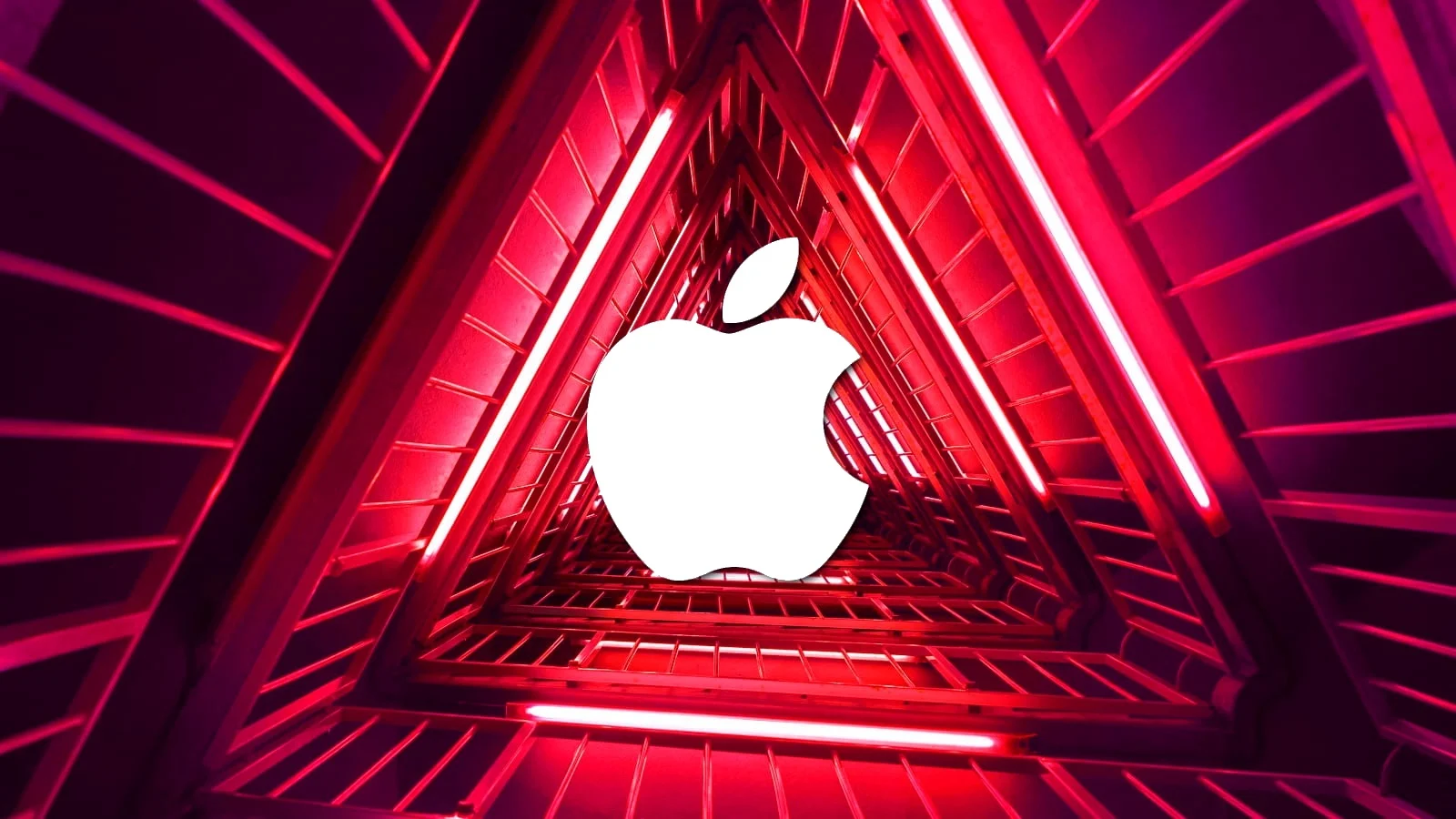Since Russia launched its full-scale invasion of Ukraine, Apple has significantly reduced its presence in the country.
The company has suspended all product sales and restricted certain services, like Apple Pay.
However, Apple still maintains a fully functional App Store in Russia, which has now come under fire for complying with the Russian government’s demands to remove VPN apps in line with local regulations, which are widely viewed as censorship measures.
According to a new report by GreatFire, based on data from AppleCensorship—a platform that tracks app availability in Apple’s App Stores—nearly 60 VPN apps were removed by Apple during the summer of 2024, bringing the total to 98 since the war began.
Among the affected apps are those known for their strong privacy and security practices, such as ExpressVPN, NordVPN, Norton Secure, Proton, and Bitdefender.
These figures far surpass the 25 VPN apps that Russia’s communications regulator, Roskomnadzor, officially listed as banned.
This discrepancy raises questions about Apple’s transparency and its role in supporting censorship within Russia.
“Apple’s quiet removal of nearly 60 VPN apps from the Russian App Store is not just concerning—it’s a direct assault on digital freedom and privacy,” stated Benjamin Ismail, Director of the App Censorship Project at GreatFire.
“By arbitrarily restricting access to these crucial tools without transparency or accountability, Apple is complicit in enabling government censorship.

We call on Apple to honor its commitment to human rights and provide a clear explanation for these actions.”
Apple likely made these removals to comply with Russia’s strict internet laws, which mandate that tech companies assist in governmental censorship efforts.
By curbing access to VPNs, the Russian government can exert greater control over the information its citizens can access and monitor their activities more closely.
Once again, Apple faces a familiar challenge: comply with authoritarian directives or risk reducing features, negatively impacting user experience, and hurting profits.
While it’s unclear how significant the Russian market is for Apple today, the company still operates several key services in the country, including Apple Music, Apple TV+, Apple Podcasts, Apple Fitness+, Apple Books, Shazam, iTunes, and Apple One subscriptions.
Refusing to comply could lead to penalties or even service shutdowns.
Apple finds itself balancing a delicate line—trying to keep the App Store accessible so Russian users can still download the apps they need, while adhering to local laws, even when those laws conflict with the company’s values.
In the past, Apple has maintained that it must follow the regulations of the countries in which it operates, even if it does not agree with them.
In the coming weeks, I will be traveling to Kyiv, Ukraine, for Objective-See’s Objective for the We 2.0, an Apple security event hosted by MacPaw.


